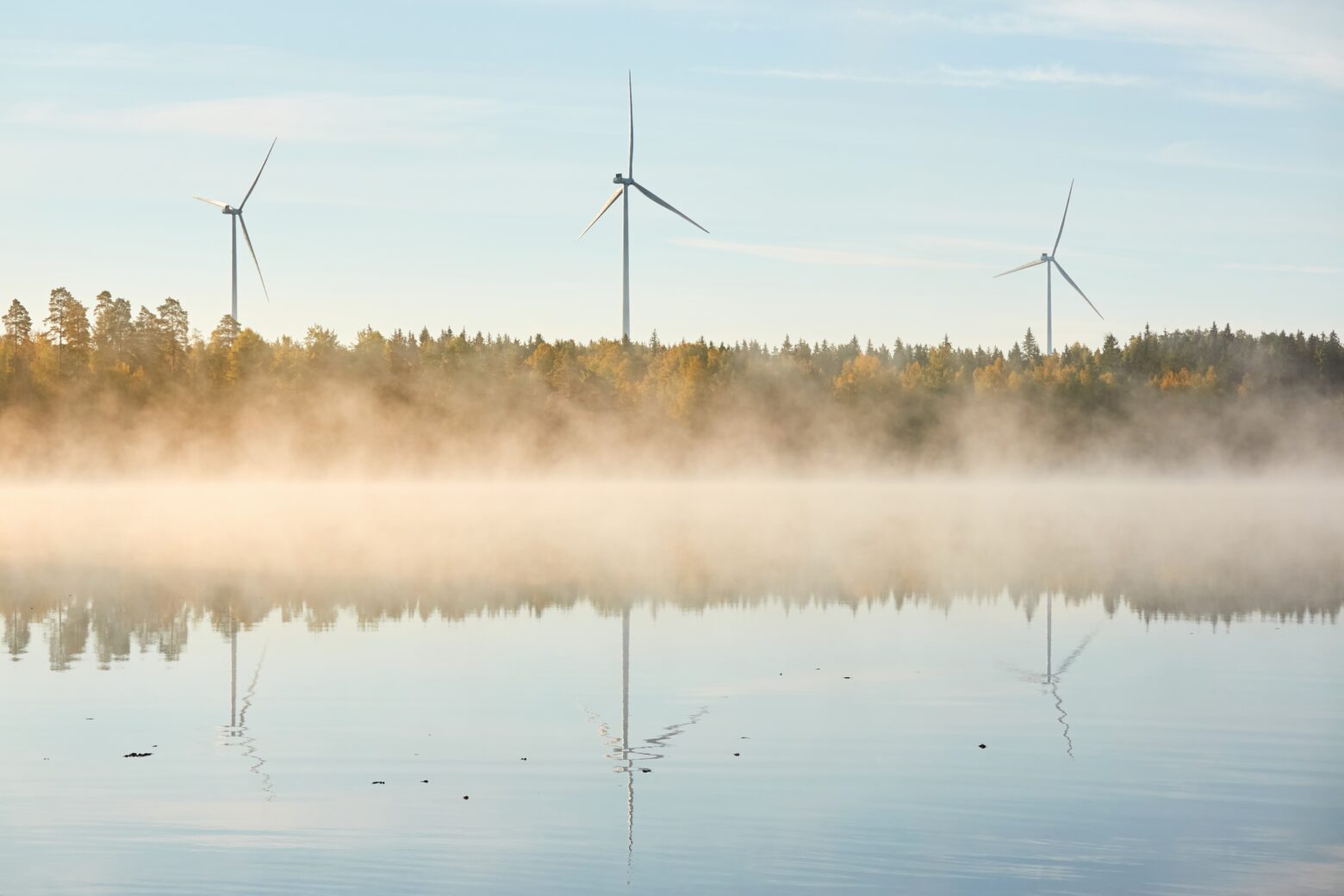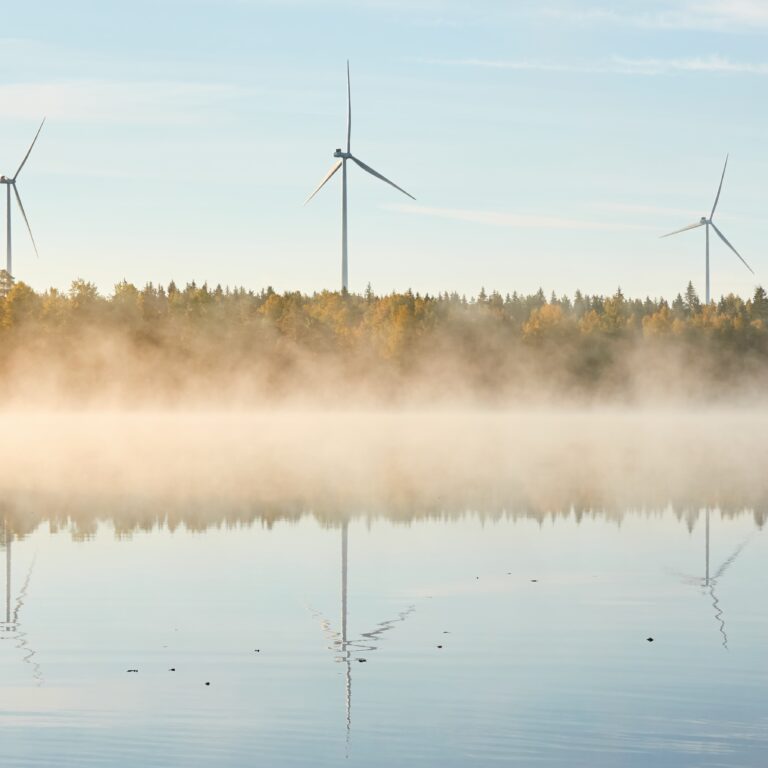The European Commission has on 26 February 2025 unveiled the Clean Industrial Deal, a comprehensive strategy aimed at enhancing Europe’s competitiveness while simultaneously addressing the need for decarbonisation. The Clean Industrial Deal seeks to integrate climate action with industrial growth, fostering innovation and resilience across the continent.
Key Objectives and Strategies
Decarbonisation and Competitiveness
The Clean Industrial Deal is designed to accelerate decarbonisation and reindustrialisation, presenting a robust business case for climate-neutral investments in energy-intensive industries and clean technology – both crucial for achieving climate neutrality and maintaining economic resilience. The EU aims to achieve a 90% reduction in net greenhouse gas emissions by 2040, setting a clear framework for companies and investors.
Affordable Energy Access
One cornerstone of the Clean Industrial Deal is ensuring access to affordable energy, particularly for energy-intensive industry sectors. The Action Plan for Affordable Energy aims to lower energy costs and accelerate the transition to clean, domestically generated energy. Key measures include promoting Power-Purchase Agreements (PPAs) and simplifying state aid rules to support renewable energy deployment. The toolkit consists of, among others, investments in grid infrastructure, increasing interconnections and digitalisation, including AI driven smart grids and IoT-based energy monitoring.
Circular Economy and Resource Security
Circularity is central in the EU’s strategy, aiming to maximize resource efficiency and reduce dependencies. Circular economy is not only a matter of sustainability but also strategic autonomy. The Clean Industrial Deal aspires to make the EU a leader in the circular economy by 2030. The Critical Raw Materials Act will prioritize securing access to essential materials, while the forthcoming Circular Economy Act will facilitate the transition to a more sustainable industrial model. Ecodesign for Sustainable Products Regulation has already entered into force and is expected to reshape companies’ product design and manufacturing processes significantly during the following years with the implementation of the upcoming delegated acts.
Public and Private Investments
The clean transition requires significant investments, with the EU needing to increase annual investments by approximately EUR 480 billion. The Clean Industrial Deal will mobilize over EUR 100 billion to support EU-made clean manufacturing. The strategy includes strengthening EU-level funding, leveraging private investment, and enhancing state aid effectiveness. Targeted mandates and non-price criteria for sustainability in public procurement are expected to constitute powerful instruments to help overcome barriers for market entry. Beyond these short-term signals, the Commission is expected to make a proposal to revise the Public Procurement Framework in 2026.
Conclusions
The Clean Industrial Deal provides various possibilities for the Finnish industry and investments herein or hereto. Finland can be considered to be at the forefront of the jurisdictions with already relatively affordable energy access and high quality grid with only one price area for the entire country. Further enhanced interconnections and digitalisation of the grid infrastructure are welcome given the expected increase in electricity consumption.
The vast amount of legislation governing circular economy already published and expected to be published will have a major effect on industries and businesses in various stages of the value chain. Many companies will be required to review and revise their strategies. Legislation governing circular economy is expected to provide significant commercial possibilities by, for example, further accelerating the utilisation of industrial side streams with various contractual arrangements.
We monitor the EU and national initiatives closely and regularly engage in dialogue with market participants regarding both the requirements and strategic possibilities provided by such initiatives.



